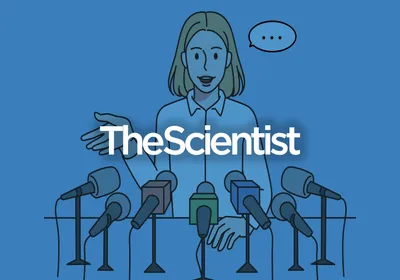 Ruby McConnellTRACY SYDORAn April 22 march in support of science on Washington, DC, has inspired the organization of satellite events across the U.S. and around the world. Writer and geologist Ruby McConnell of Eugene, Oregon, said she decided to organize a companion event in her community shortly after seeing the flagship march announced online. “It sort of blew up,” she told The Scientist. “Overnight, we had over 1,000 people follow the [Eugene] page.”
Ruby McConnellTRACY SYDORAn April 22 march in support of science on Washington, DC, has inspired the organization of satellite events across the U.S. and around the world. Writer and geologist Ruby McConnell of Eugene, Oregon, said she decided to organize a companion event in her community shortly after seeing the flagship march announced online. “It sort of blew up,” she told The Scientist. “Overnight, we had over 1,000 people follow the [Eugene] page.”
The Scientist: How did you become involved in planning this event?
Ruby McConnell: While I am licensed, registered geologist, I am an independent consultant. Mostly, I am an environmental writer and educator. Primarily, right now—I was on a book tour last year—I’m not a working scientist so I am the face of this march, because I can be. Everybody else gets into all sorts of ethical issues and funding issues and contract issues. . . . . So, it’s not an ego thing, it’s just that I can’t get fired unless I fire myself.
TS: Are there people interested in participating but wary of doing so?
RM: Oh, for sure. [People supported in part by] a federal grant—they’re afraid they might lose their funding. . ...

















